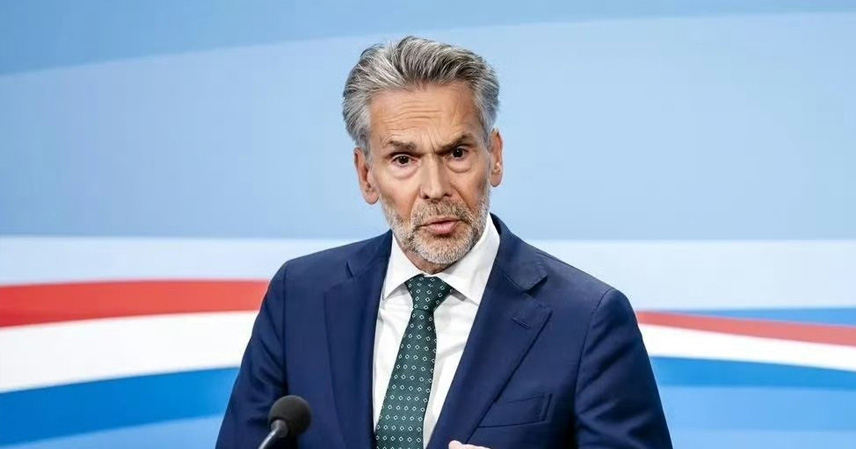China’s Strong Response to Dutch Seizure of a Chinese Chip Firm
By October 16, China had officially responded to the Netherlands’ forced takeover of a Chinese-owned semiconductor company. On September 30, the Dutch government announced its seizure of a Chinese chipmaker — a move widely seen as aligning with Washington’s ongoing semiconductor containment strategy.
Just four days later, on October 4, China’s Ministry of Commerce struck back, banning Nexperia from exporting products made in China.
This effectively crippled the Dutch move: over 70% of Nexperia’s production capacity is based in Dongguan, while its facilities outside China account for less than 30%. Without Chinese exports, Nexperia’s European operations are left with little more than an empty shell. Unless the Netherlands makes serious concessions, its takeover will amount to nothing but a symbolic gesture.
A Decoupling in Action
On October 18, Nexperia China issued an internal statement declaring that its employees must only follow directives from its Chinese legal representative, and have the right to reject any outside orders that bypass domestic management.
Sensing growing backlash, the Dutch government quickly tried to distance itself. On October 17, the Financial Times quoted Dutch Economy Minister Karian van Gennip, who told parliament that the takeover plan was designed by “external consultants” and that the Dutch government “was unaware and had no such intention.”
However, shifting blame won’t help. This case is now viewed in Beijing as a blatant violation of the lawful rights of Chinese enterprises abroad, carried out under American pressure.
Why China Won’t Back Down
There are three major takeaways from this escalation:
- A precedent must not be set. If this act of forced seizure goes unpunished, other nations may follow suit, eroding the rules of global commerce and undermining China’s international business security.
- Europe will suffer collateral damage. The Netherlands’ action has already disrupted the European automotive supply chain, putting pressure on its own industry.
- China will respond symmetrically. The Dutch move marks the first instance of U.S.-driven semiconductor restrictions being executed outside America. In return, China may target Dutch or even U.S. firms operating domestically — a form of “mirror retaliation” that Beijing has repeatedly signaled it is ready to deploy.
The Diplomatic Fallout
Reports suggest that the Netherlands is seeking “negotiations” with China — but in reality, it is requesting forgiveness, not equal dialogue.
At its core, this conflict stems from U.S. coercion. Washington’s strategy of weaponizing supply chains and destroying free trade norms has left its allies to bear the economic costs.
In the short term, the best path forward may involve stabilizing operations and diplomatic mediation: limited Dutch management under supervision, continued production within China, and possible legal arbitration via the parent company, Wingtech. However, this approach only limits the damage — it does not solve the structural issue.
Long-Term Scenarios
Possible future outcomes include:
- Splitting Nexperia’s business into entities outside U.S. tech-control jurisdiction;
- Multilateral negotiations for technical exemptions;
- Or an intensified China–EU standoff if Washington pressures Europe to double down.
China has made its stance clear: no exemptions, no negotiations.
Under pressure not just from Beijing but also from European automakers like BMW, Volkswagen, and U.S. firms like General Motors — all facing supply disruptions — the Netherlands finds itself in a tightening vice. Billions in chips are now frozen in Chinese warehouses, threatening to halt European car production if the impasse drags on.
A Costly Miscalculation
Ultimately, the Netherlands has overplayed its hand. It assumed that controlling Nexperia’s shares equaled control of its global assets — a grave mistake in today’s interconnected industrial landscape.
In reality, China’s semiconductor sector has become the world’s largest exporter, with unmatched production capacity. Any attempt to isolate it from the global market is bound to backfire.
By tearing up commercial agreements and seizing assets, the Netherlands has sent a chilling signal to investors — and it may soon pay a heavy price for underestimating China’s industrial resilience.
References
- Financial Times, October 17, 2025
- China Ministry of Commerce announcement, October 4, 2025



